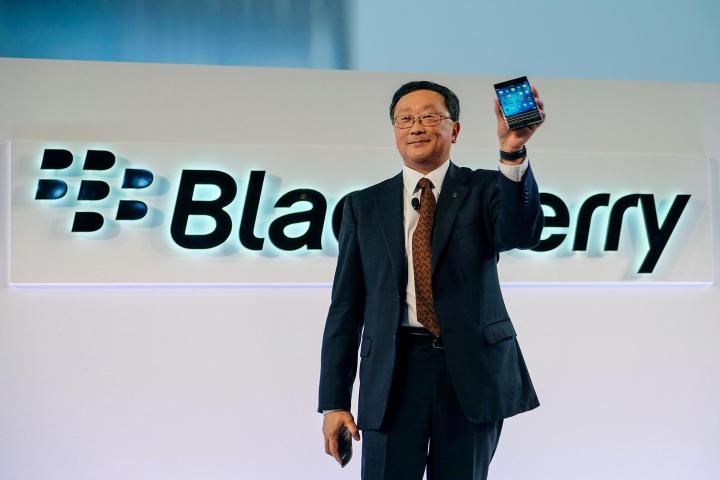
Chen writes: “Neutrality must be mandated at the application and content layer if we truly want a free, open and non-discriminatory Internet. All wireless broadband customers must have the ability to access any lawful applications and content they choose, and apps/content providers must be prohibited from discriminating based on the customer’s mobile operating system.”
In Chen’s utopia, this would mean BlackBerry (and equally app-starved Windows Phone) users would, for example, be able to download and use an iMessage app, that SnapChat would be available on all operating systems, and developers who aren’t making their apps for the lesser used platforms would be obliged to do so. Chen specifically mentions Netflix, which currently doesn’t have a BlackBerry app.
He says this device-agnostic approach has been key in moving BlackBerry away from the cliff edge and towards recovery, after it opened BlackBerry Messenger up for all operating systems back in 2013. The BES12 device management platform also works with other manufacturers devices, in an effort to ensure it remains in use by government and business customers.
Of course, Chen’s statement is self-serving, because BlackBerry’s app store, in comparison to Apple and Google, is relatively thinly stocked. More apps available, means less of a barrier for people to switch. However, BlackBerry users are already able to use some Android apps through the Amazon Appstore on their phones. This rose-tinted view of the industry’s future probably won’t be shared by many smaller developers, who write and sell apps for the most popular platforms in order to get the most attention, and make the most money.
Will John Chen lead an app revolution? Probably not, but there’s nothing wrong with pushing for peace, love, and harmony.
Editors' Recommendations
- BlackBerry trailer depicts the rise and fall of the iconic phone
- BlackBerry is better off dead
- A new BlackBerry with a keyboard is still on the schedule for 2022
- BlackBerry rises from the grave: New 5G phone with a keyboard coming in 2021
- TCL won’t make BlackBerry phones anymore, sending the brand back into limbo




